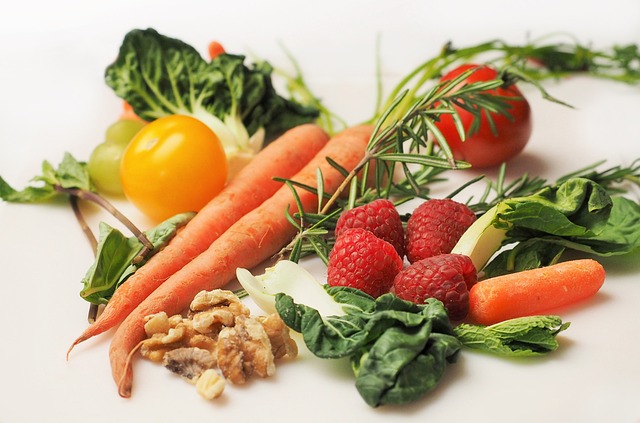(Beyond Yogurt: Exploring Lesser-Known Sources of Probiotics)
Probiotics have gained significant attention in recent years due to their potential health benefits, particularly for gut health. While yogurt is a well-known source of probiotics, there are many other lesser-known sources that can provide you with a diverse range of beneficial bacteria. In this blog post, we will explore some of these alternative sources and their potential benefits.
1. Kimchi:
Originating from Korea, kimchi is a traditional fermented cabbage dish, often spicy and tangy in flavor. It is made through the process of lacto-fermentation, which involves the use of beneficial bacteria. Kimchi contains various strains of lactic acid bacteria, including Lactobacillus plantarum, which can support digestive health by aiding in the breakdown of food and absorption of nutrients.
2. Kombucha:
Kombucha is a fermented tea beverage that has been consumed for centuries in many cultures. It is made by fermenting sweetened tea with a symbiotic culture of bacteria and yeast (SCOBY). The fermentation process produces various strains of bacteria and yeast, including Acetobacter, Gluconacetobacter, and Saccharomyces, which can contribute to a healthy gut microbiome.
3. Miso:
Miso is a traditional Japanese seasoning made by fermenting soybeans with salt and the fungus Aspergillus oryzae. The fermentation process can last from a few weeks to several years. Miso contains various probiotic strains, including Bacillus subtilis, which has been shown to support immune health and improve digestion.
4. Sauerkraut:
Sauerkraut is a fermented cabbage dish that originates from Germany. It is made by finely shredding cabbage and fermenting it with lactic acid bacteria. Sauerkraut is rich in various strains of Lactobacillus and Leuconostoc bacteria, which can help in maintaining a healthy gut flora and supporting immune function.
5. Tempeh:
Tempeh is a traditional Indonesian soy product made by fermenting soybeans with a mold called Rhizopus oligosporus. The fermentation process binds the soybeans into a cake-like form. Tempeh is a great source of B vitamins, dietary minerals, and protein. The probiotics in tempeh, such as Bacillus subtilis, can aid in digestion and support overall gut health.
6. Pickles:
Pickles are cucumbers or other vegetables that have been fermented in a brine solution, typically flavored with dill, garlic, or other spices. During the fermentation process, lactic acid bacteria naturally present on the vegetables convert the sugars into lactic acid, creating a sour taste. Pickles can provide a source of B vitamins and beneficial bacteria like Lactobacillus plantarum.
7. Yogurt Alternatives:
While yogurt is a well-known source of probiotics, there are also dairy-free alternatives available for those with lactose intolerance or following a vegan diet. Look for products labeled as “cultured” or “fermented” coconut, almond, or soy-based yogurts. These alternatives often contain added probiotic strains, such as Bifidobacterium or Lactobacillus acidophilus, which can provide similar gut health benefits.
Conclusion:
Probiotics are not limited to yogurt alone. Incorporating a variety of these lesser-known sources, such as kimchi, kombucha, miso, sauerkraut, tempeh, pickles, and yogurt alternatives, into your diet can diversify your gut microbiome and potentially enhance your overall well-being. As always, it is advisable to consult with a healthcare professional or registered dietitian before making significant changes to your diet.
Remember, maintaining a healthy gut is crucial for overall health, and exploring different probiotic sources can be a fun and tasty way to support your digestive system.







